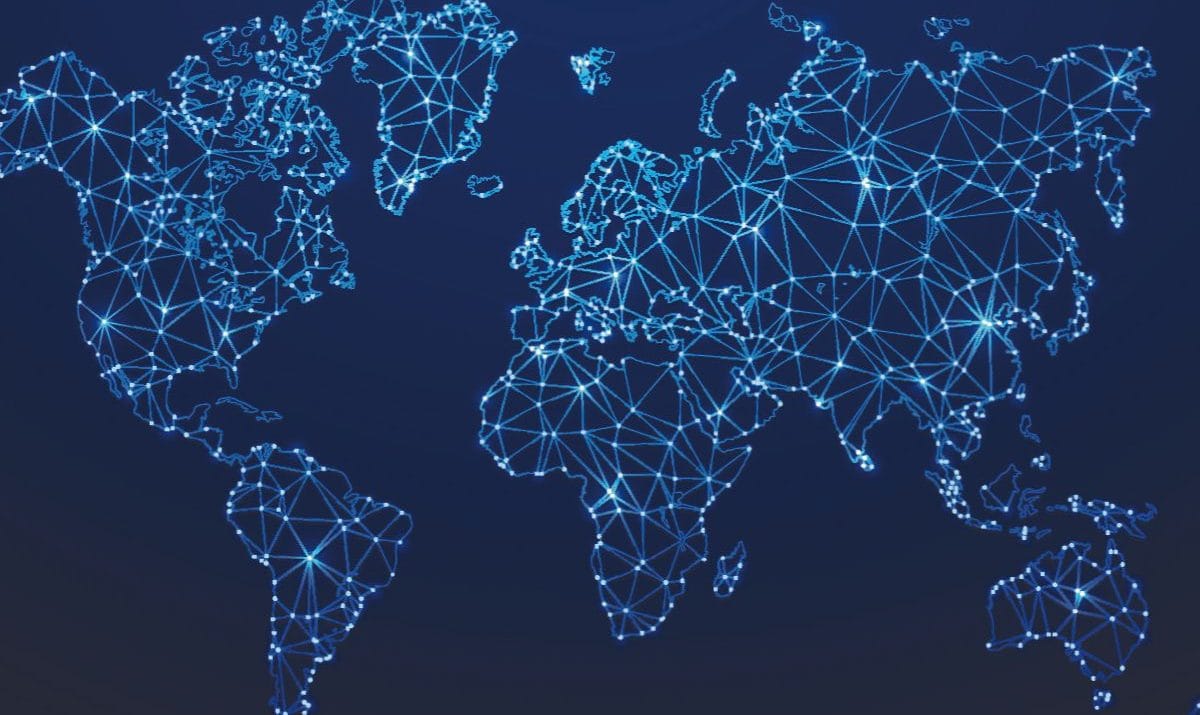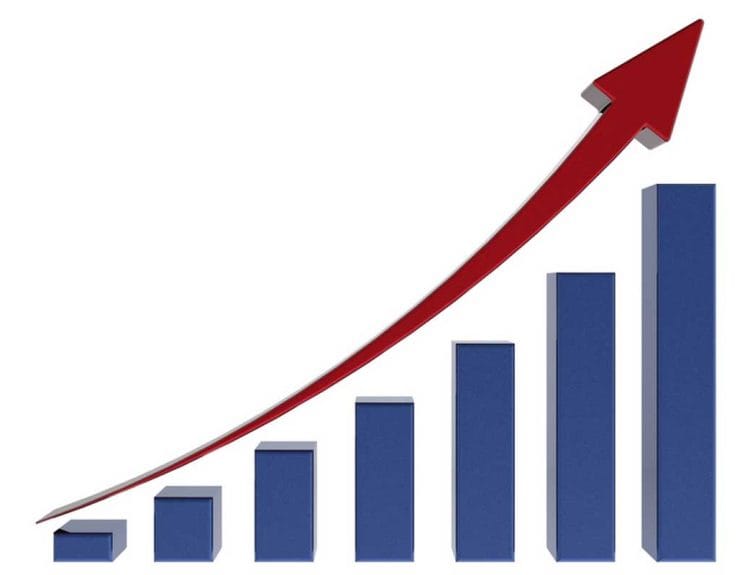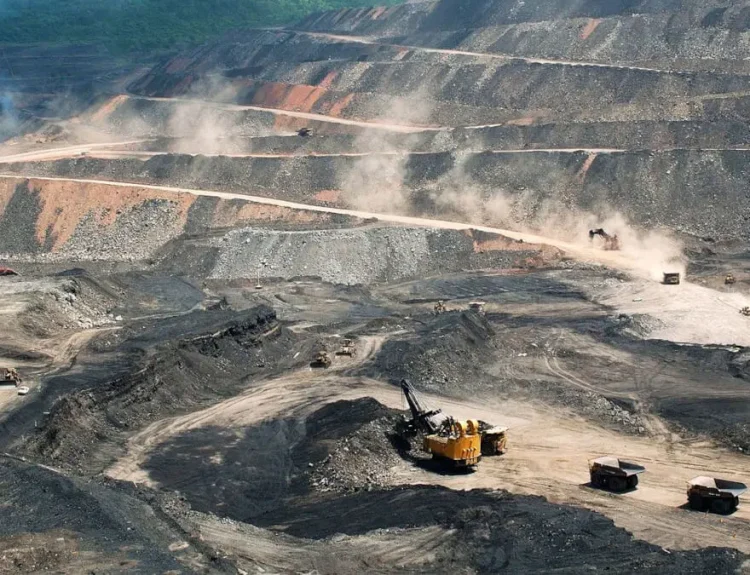The integration of Atlantic Africa may seem like an ambitious aspiration, but it is achievable, as long as there is the will and effective leadership to drive large-scale integrative projects, such as the Nigeria-Morocco gas pipeline, for example
For Africans, the Atlantic has always been there, considered more threatening than promising: a vast body of water that has brought, over the centuries, invaders, missionaries, occupiers, colonialists, slave traders, and various bearers of unwanted influences. In recent decades, organized crime groups have used it to transport drugs from Latin America to Europe through the Gulf of Guinea, while human trafficking mafias use it to smuggle illegal migrants from Africa to Europe through routes such as the Canary Islands, Mauritania, or the Moroccan cities of Dakhla, Laâyoune, and Tangier
However, the Atlantic does not need to remain a source of adversity for Africans. Many in Africa now see it as a potential space for significant growth and shared prosperity, benefiting both coastal and inland countries. King Mohammed VI of Morocco, on November 6, 2023, urged Africans to 'transform the Atlantic coast into an area of human communication, economic integration, and continental and international visibility.' This vision is shared by more than 20 countries within the framework of the African Atlantic States Process (PEAA), whose officials have been meeting regularly since 2022 to establish the foundations of this collaborative space
The essential strategic objectives to achieve this vision are fundamental pillars of the imagined shared prosperity. These include developing a sustainable blue economy, establishing robust connections in logistical and energy infrastructure, driving interconnectivity of trade and supply chains, fostering research collaboration among universities, facilitating the free flow of goods and people, and enhancing shared initiatives between the private sector and civil society. Protecting marine ecosystems from pollution, overfishing, and unsustainable drilling, as well as securing shared borders and coasts against organized and cross-border crime, are crucial prerequisites for creating an environment conducive to shared growth and prosperity
The large and ambitious multi-billion-dollar natural gas pipeline project from Nigeria to Morocco, spanning 14 countries in West Africa, should be recognized as one of the key pillars of strategic economic integration along the Atlantic coast. Energy connectivity will enable these African countries to secure a steady energy supply while facilitating the growth of multiple service ecosystems, technical expertise, and job opportunities along the pipeline route
A network of ports and logistical stations spanning over 8,000 nautical miles from Cape Town to Tangier, including cities like Luanda, Libreville, Accra, Abidjan, Freetown, Dakar, Nouadhibou, Dakhla, and Casablanca, will play a significant role in facilitating smooth movement of goods, a transformative shift that will surely boost local economies, especially for the smaller countries in West Africa
In addition to the logistical trade and energy routes, collaborative initiatives aimed at promoting sustainable coastal fishing and ecotourism in bays, lagoons, and coastlines will help sustain communities and create much-needed jobs, especially in impoverished countries along the African Atlantic coast. Cooperation and the exchange of best practices are key in this regard. Countries like Morocco, South Africa, Senegal, and Ivory Coast could leverage their expertise and lead the way in promoting sustainable fishing practices, developing community-led tourism, and organizing cultural events such as craft and music festivals, among other initiatives
An integrated Atlantic Africa also concerns security, as critical requirements for shared prosperity. Addressing the interconnected issues of drug trafficking, cross-border crime, human trafficking, and terrorism poses a collective challenge for African countries. Focusing on the porous nature of the Gulf of Guinea, the complex dynamics within the triangle formed by the borders between Burkina Faso, Mali, and Niger, the implosion of the Lake Chad ecosystem and its impact on neighboring communities and countries, as well as combating human trafficking networks spanning the vast expanse of the Greater Sahara and extending towards the Mediterranean, or along the coast towards Mauritania, Morocco, and the Canary Islands, are top priorities. Additionally, several security challenges persist in Nigeria, Cameroon, the DRC, and other regions. Addressing these challenges will require cooperation, information exchange, and joint African action, supported by intelligence assistance, equipment, and training from non-African countries
Ultimately, the most important element in the Vision of the Atlantic Initiative is to ensure that landlocked and non-coastal countries like Botswana, Burkina Faso, Chad, Central African Republic, Lesotho, Mali, Niger, South Sudan, Uganda, Zimbabwe, and Zambia are not left behind. Meetings have recently been held in Marrakech to engage Sahel countries in collective reflection on how to provide them with access to ports such as Dakhla, and possibly even Nouadhibou and Dakar. Dedicated roads and logistical facilities in cooperation with countries like Morocco, Mauritania, and Senegal are a viable option in this regard. Landlocked Sahel countries and others deserve equal access to the sea as coastal nations; direct access to the Atlantic will not only allow them to diversify their economies but also to capitalize on commercial and investment opportunities previously limited to coastal states.
Article source: moroccoworldnews






